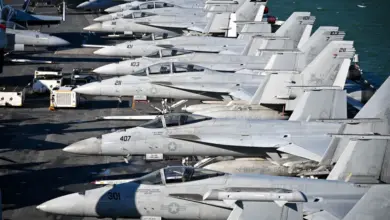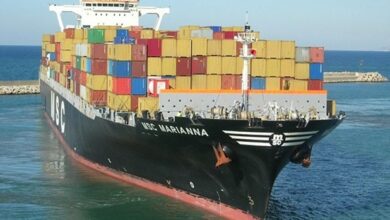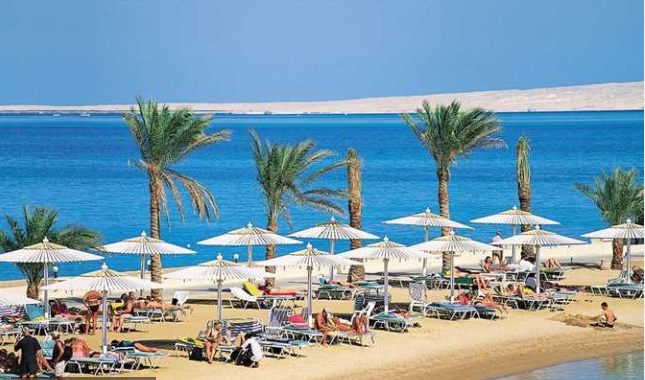Recent oil seepage from the earth in the Gulf of Gemsha, 60km northwest of Hurghada, has not had any impact on the area’s marine ecosystem, environmentalists have said.
“Oil seepage has not affected marine environment in the area,” Mahmoud Hanafy, a marine ecologist at Suez University and government adviser, told Al-Masry Al-Youm.
This was also confirmed by the Egyptian Environmental Affairs Agency (EEAA).
“Gemsha is an oil exploration area. There are no tourist villages nearby or marine activities in the area, so the environmental damage was very limited. There have been no dead fish,” the EEAA’s head of natural disasters unit Mahmoud Ismail said.
On 27 September, oil began seeping through cracks in the earth’s onshore and offshore surface because of mild earthquakes measuring no more than three degrees on the Richter scale.
This area of the Red Sea is in an earthquake zone, and the crack extends all the way to the Gulf of Aqaba, Ismail said.
Weak land formation means that seeps are difficult to prevent. Initially, poisonous H2S gas – hydrogen sulphide – comes through the earth's surface and carries oil out with it, Hanafy explained. This has been a recurring problem since December 2008, with spill lengths ranging from one week to 10 days.
The latest spill was contained within 11 days on 6 October, Alaa Eddin Allam, head of the state-owned Egyptian General Petroleum Corporation (EGPC) said.
About 5000 barrels of oil were spilled in the sea and on the shoreline, but they have since been absorbed and sent to a refinery for recycling, Allam added.
Investigations about how best to deal with this problem were supposed to start in 2009, but were never carried out. The EEAA has sent its latest recommendations to the EGPC, urging it to begin studies on the issue.
Hanafy said that to contain and make use of oil that seeps through cracks in the future, “the government should open up more wells in the area and extract the oil. Then, pressure points would be relieved. The government may be able to make commercial use out of it.”
At the moment, there is only one well in production by the EGPC, producing between 10,000 to 15,000 barrels of oil per day.
Gemsha’s oil wells are Egypt’s oldest and date back to 1897. Exploration in the area was originally conducted with a British petroleum company until 1924. The wells were closed until the 1960s, and then only few were reopened.




